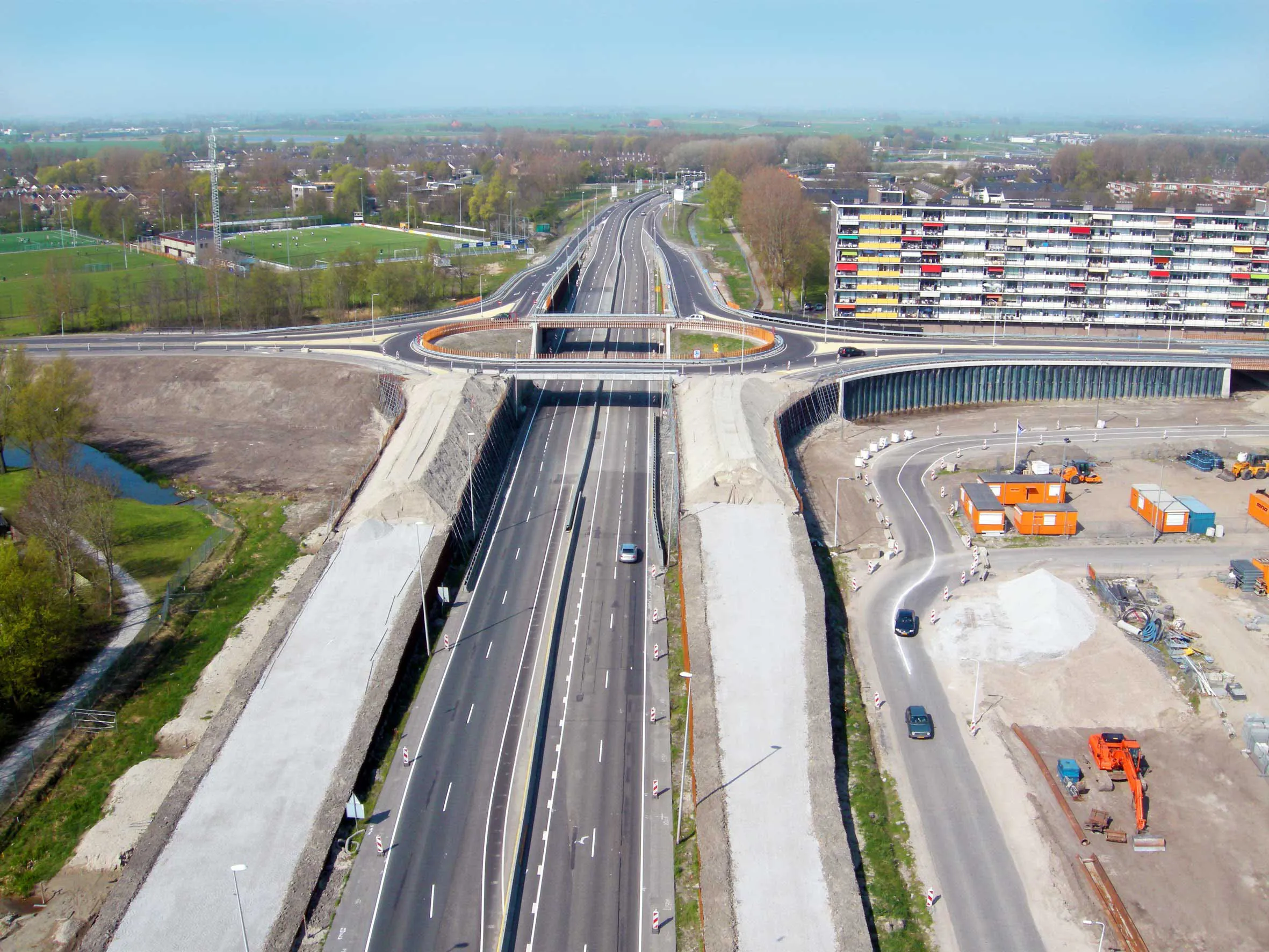The Government in Aruba in the Caribbean is giving its approval for its second PPP transport infrastructure project, the Watty Vos Boulevard. The start of the tender process for the project is planned for the first quarter of 2014. PwC is the transaction advisor for the Contracting Authority, while the Dutch Ministry of Infrastructure and local legal firm Sjiem Fat & Co are also part of the team. The project will cost some US$120 million and involves the construction of a new arterial road 2x2 around Oranje
November 29, 2013
Read time: 2 mins
The Government in Aruba in the Caribbean is giving its approval for its second PPP transport infrastructure project, the Watty Vos Boulevard. The start of the tender process for the project is planned for the first quarter of 2014. PwC is the transaction advisor for the Contracting Authority, while the Dutch Ministry of Infrastructure and local legal firm Sjiem Fat & Co are also part of the team. The project will cost some US$120 million and involves the construction of a new arterial road 2x2 around Oranjestad between intersection Sabana Blanco and the Punta Brabo intersection. This route begins at the existing Sabana Blanco roundabout via through the neighborhoods of Meiveld, San Barbola, Sero Patrishi, Tanki Leendert, Ponton and Bushiri to the intersection of Punta Brabo. The existing lanes from intersection Punta Brabo through J E Irausquin Boulevard to the Westin Hotel, part of the L.G. Smith Boulevard, Caya Punta Brabo, Dr Horacio E Oduber Boulevard and a part of the route Ponton - Noord will be reconstructed. In total, this involves the construction of around 7km, renovation of the existing road over a length of about 17km in which 13 existing intersections will be reconstructed and 2 overpasses will be built. Furthermore, a bike road of approximately 17km will be built along the entire Watty Vos Boulevard route and low-rise beach area.
Construction period of the above is estimated no more than 30 months. The contractor is also responsible for the maintenance of the Watty Vos Boulevard project during the period from the commencement date until 20 years after the completion of the construction project.
Construction period of the above is estimated no more than 30 months. The contractor is also responsible for the maintenance of the Watty Vos Boulevard project during the period from the commencement date until 20 years after the completion of the construction project.







